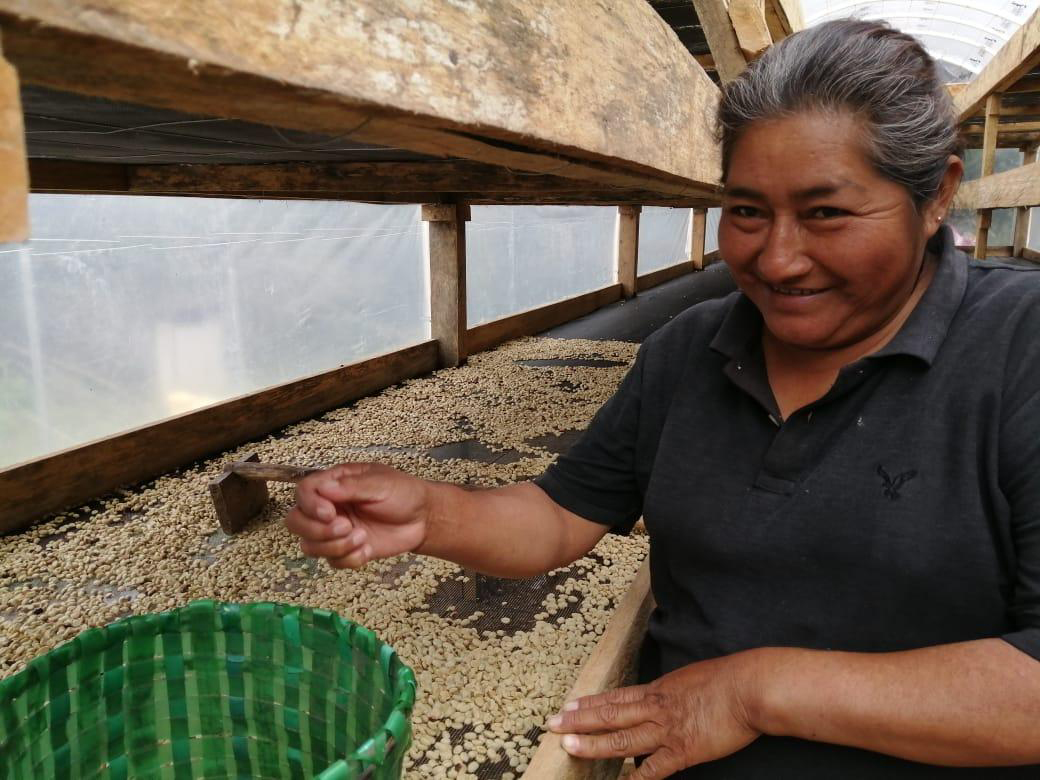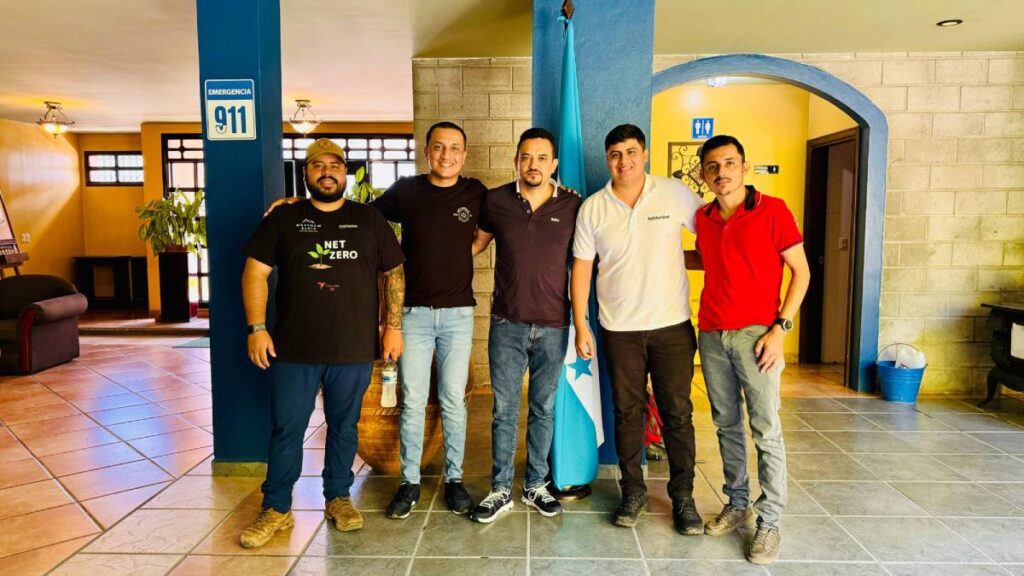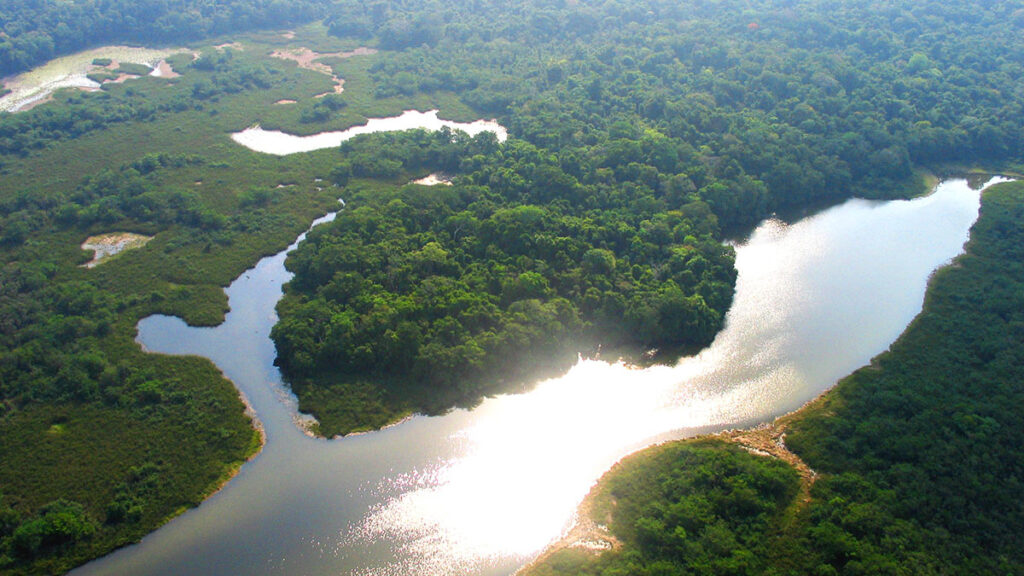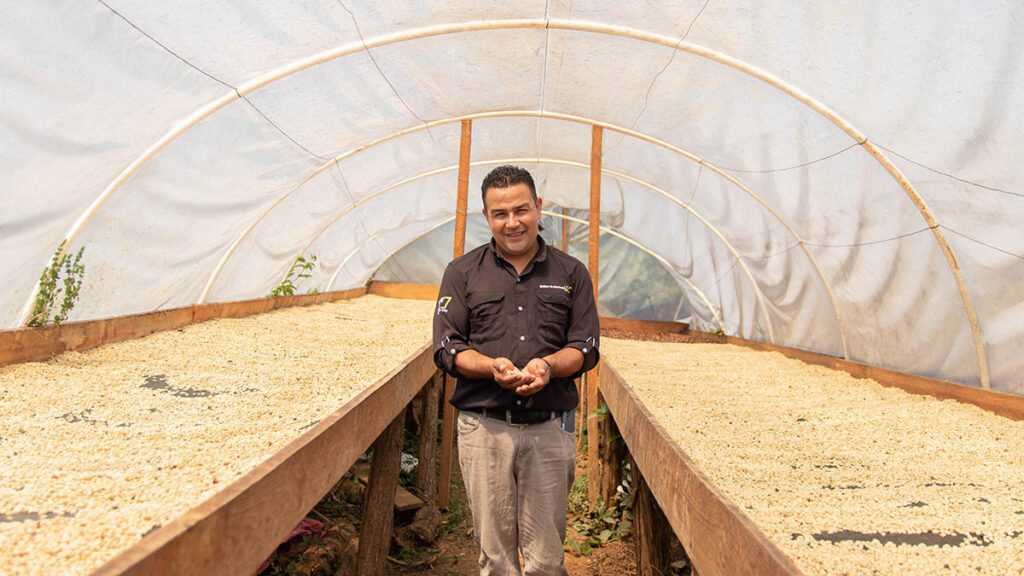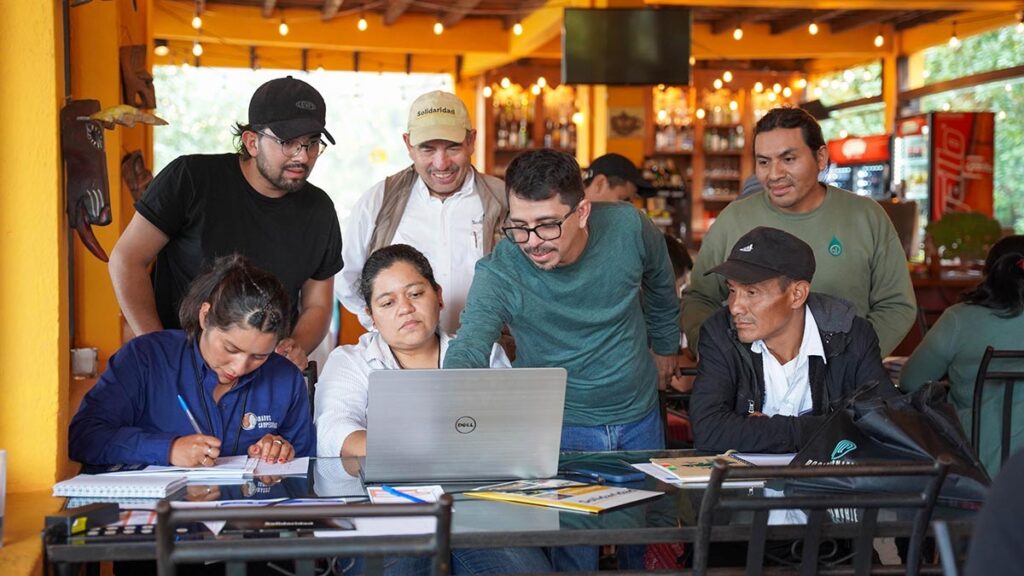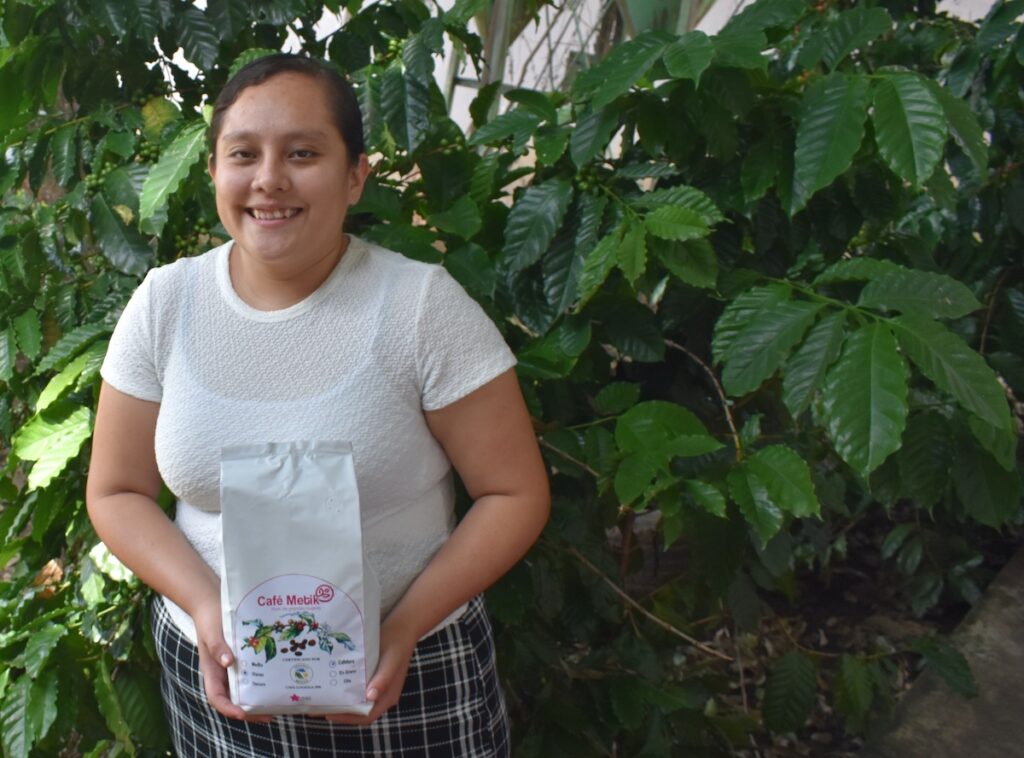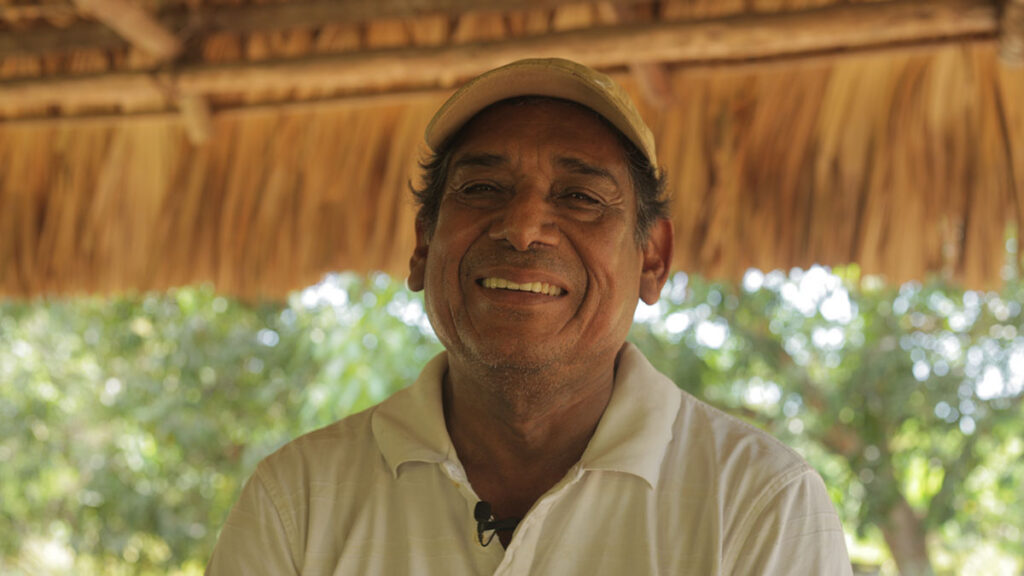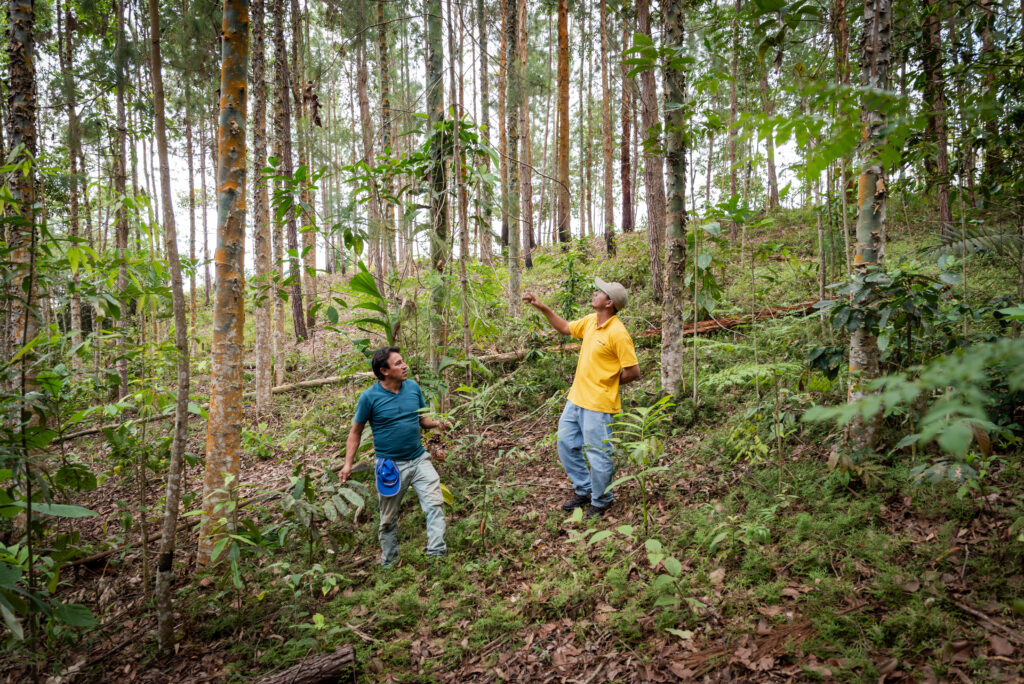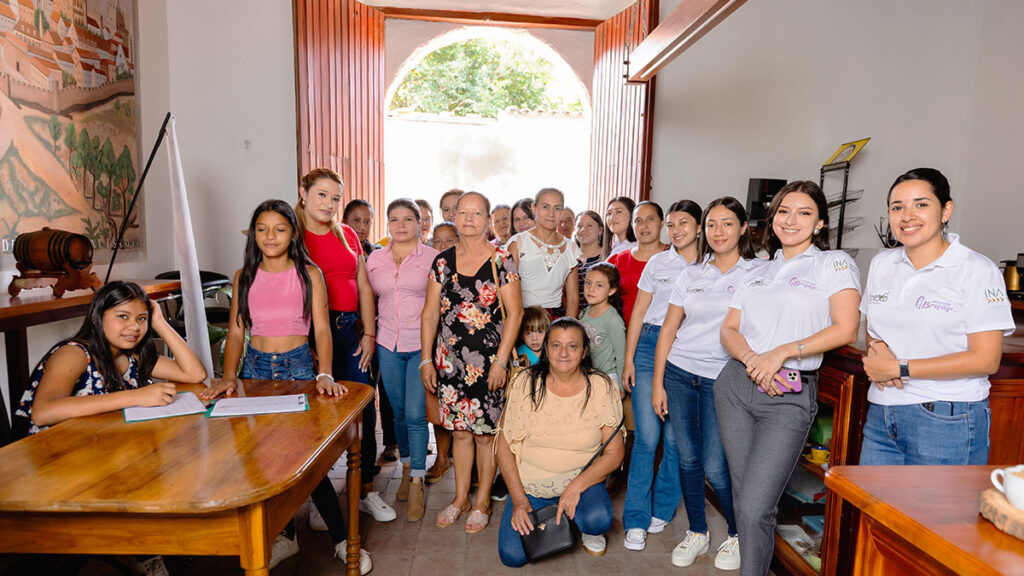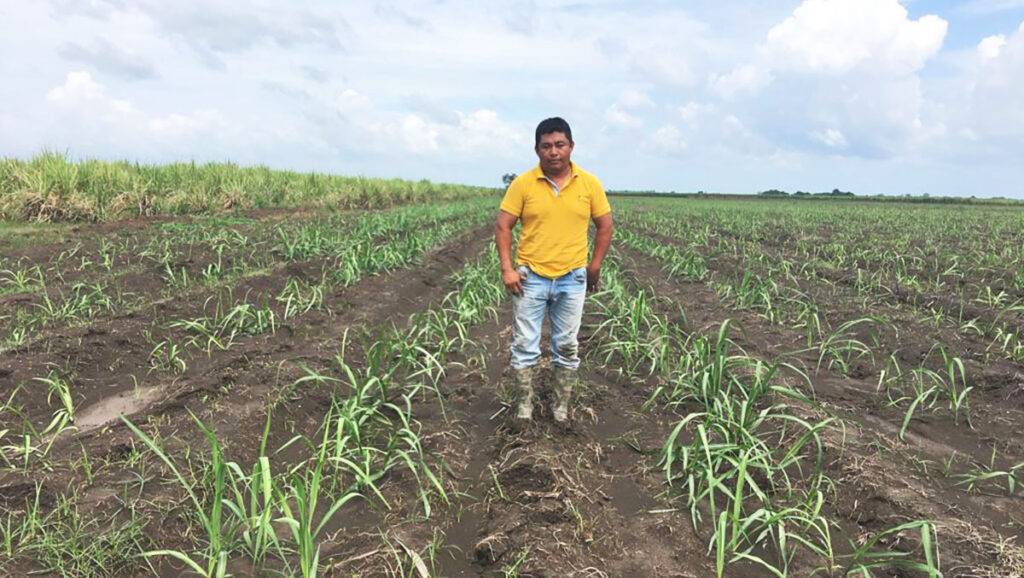Let’s celebrate women and their achievements in promoting global sustainable development
Women help drive sustainable development of their communities through contributions to biological and social sciences, politics, business, their families and many other areas. In order for them to have greater access to funds or credits for their businesses, to education or technical training and other resources that ensure equal access to development opportunities, it is necessary to support and promote initiatives that address their specific needs.
“We need to seek support for girls and women in our region, to increase their participation in the different branches of science, since they, through their diverse perspectives, will help us solve the problems hindering sustainable development”, said Patricia Gómez, PMEL specialist for Solidaridad Central America, Mexico and The Caribbean.
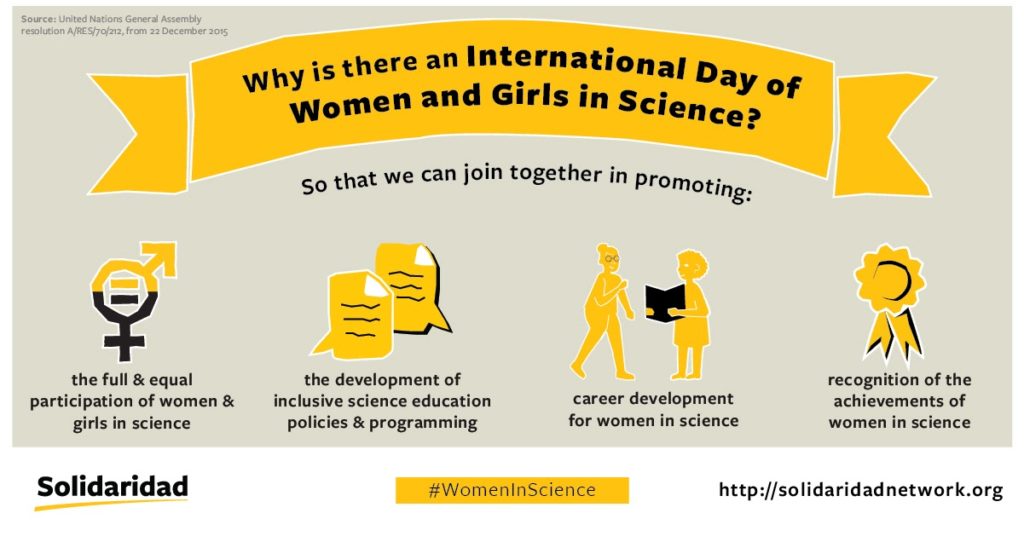
Women scientists have propelled sustainable development in agriculture
Achieving sustainability goals will rely on harnessing all talents equally. Women actively participating in research and development of new technologies bring a broader perspective, talent and creativity to scientific fields. One way we can encourage the participation of women and girls is through recognition of their achievements in science, in the hope that we can inspire more women and girls to continue researching, discovering and exploring our world. Let’s acknowledge, then, some of the women scientists who have contributed to global agriculture through their work.
The American scientist Mary Agnes Chase studied botany and contributed to research that benefitted a large part of the food we eat today. The Indian botanist, Janaki Ammal, contributed to create a variety of high-yielding sugarcane. Barbara McClintock was an American scientist who excelled in cytogenetics, a science that examines the behavior of chromosomes. Her work with corn kernels and ultimately explained how genes can evolve depending on their environment.
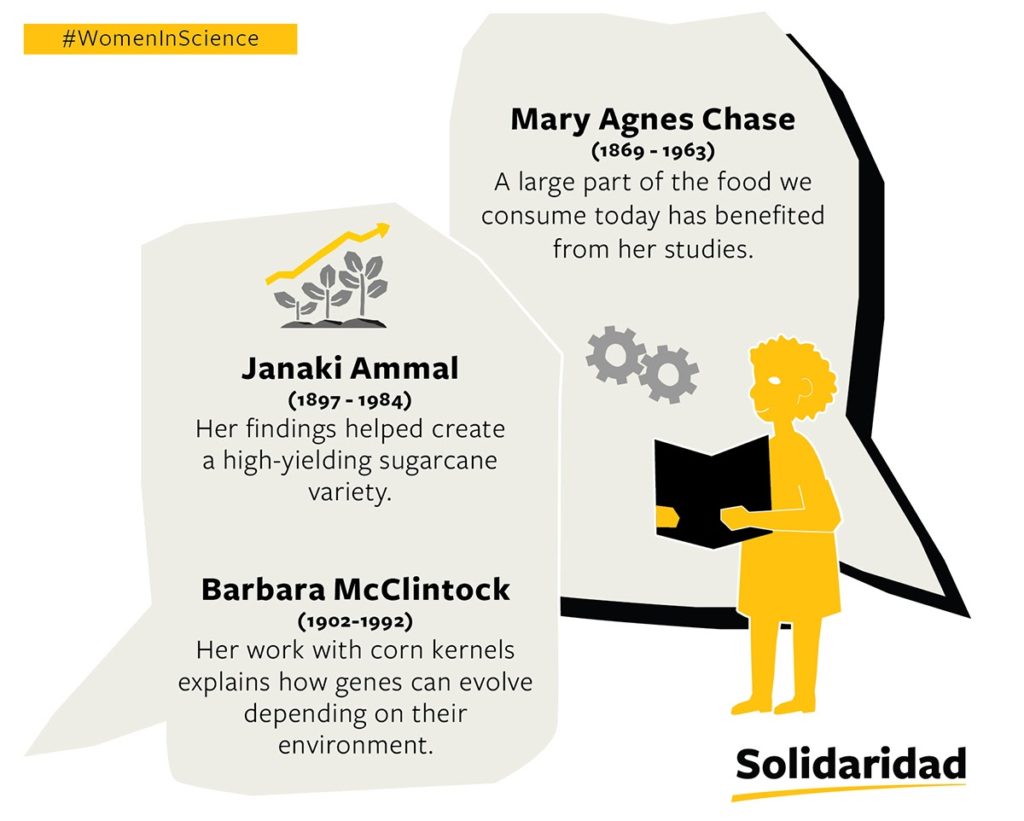
Capacity building for women
Another way to encourage participation for girls and women in sustainable development efforts is through training projects or programmes specifically created for them. Initiatives such as Women in Agroecological Leadership for Conservation (WALC) and the work carried out in Honduras with the Cocoa and Chocolate Women Network of Honduras (REDMUCH) are committed to strengthening the innate abilities of participants while enabling them to learn technical skills.
Empowering women and youth through inclusive training is essential to drive sustainable development through economic growth and social development.
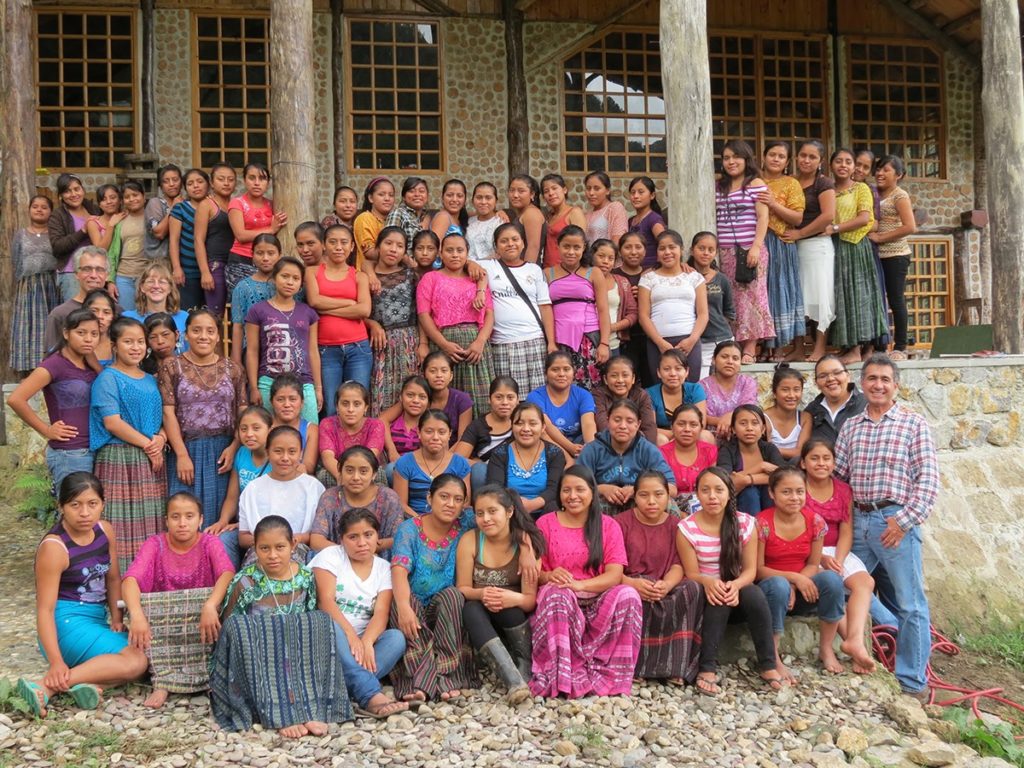
Women working to drive sustainable development in Central America
At Solidaridad we are convinced of the importance of including women’s perspectives in sustainable development and we have an internal policy to ensure that there is equal participation in the organization within the different regions. We are proud to present some of the women of Solidaridad Central America, Mexico and The Caribbean who, through their training and participation in various branches of the social and natural sciences, seek to promote sustainable development in the region.
In Nicaragua, Elisa Rocha works as a project officer in the cocoa sector. She optimizes cocoa production through training for producers. María Durán, in her role as country representative, strengthens relations through the country’s productive chains, including cocoa, livestock and coffee.

In Honduras, Sofía Núñez leads multi-stakeholder dialogues throughout the Honduran coffee chain. Yesi Meléndez studies the biodiversity of Honduran flora and fauna in the northern region and also trains workers in the palm sector, so they can protect natural resources and conserve biodiversity. As our gender specialist for the region, Suyapa Saldivar advocates for the inclusion and professionalization of women producers and entrepreneurs in the Honduran cocoa sector.

At the regional level, Jessica Murcia develops digital solutions that help producers to manage their crops and make better decisions and optimize production. Valery Cohn Berger facilitates communication among the actors of the region’s productive chains to increase social, environmental and economic sustainability. Patricia Gómez assures that the efforts we are taking with farmers, workers and other actors in the value chains respond directly to objectives we have set for Solidaridad as an organization.
Do you want to learn more about all the women scientists mentioned in this text? Check out this article on LinkedIn by Patricia Gómez.

